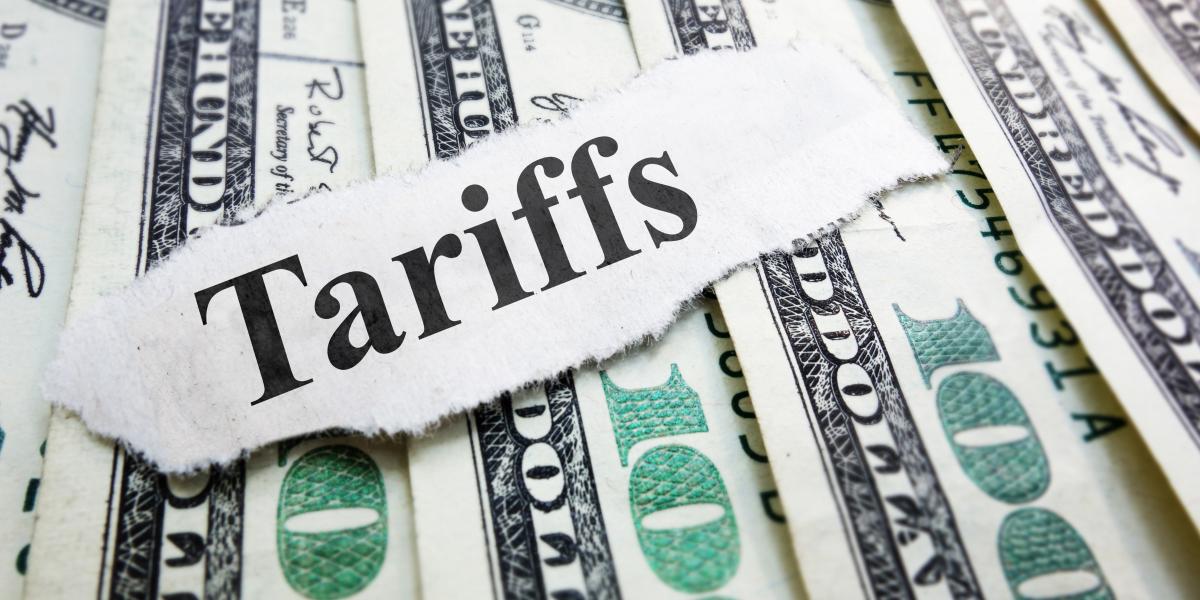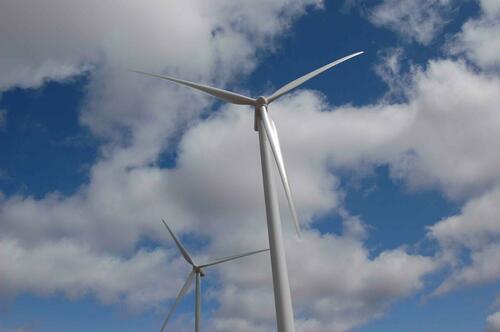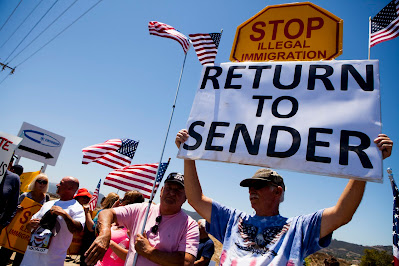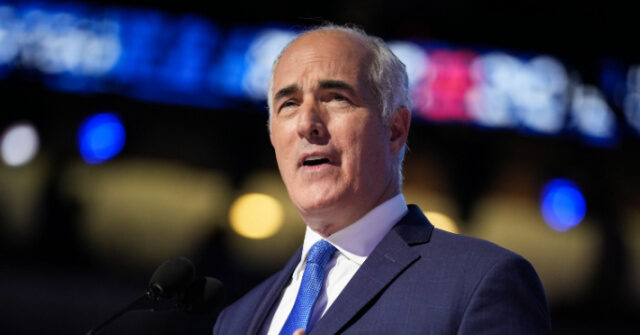
The most important and globally misunderstood aspect of tariffs is their impact on the stock market. History has demonstrated that tariffs can cause immediate market corrections and destroy investor capital. They also backfire on American manufacturers and consumers.
Tariffs may be aimed at foreign companies and governments, but their domestic consequences are often far greater. Advocates for protectionist measures on steel, lumber, electric vehicles, and other products fail to understand that everyone who invests in the stock market has suffered losses because of this policy. It isn’t just the approximately 60 percent of Americans who directly own stocks, often in their 401(k)s and individual retirement accounts, union pensions and teacher retirement plans will be affected, too. The minor bump in price protection for certain industries is more than wiped out by trillions eviscerated in the market capitalization in the major indexes and the domestic economic dislocation.
Depending on the economist or analyst, assessments regarding new policy proposals vary on the inflationary impact of tariffs on the American family. Estimates range from an annual impact of a few hundred dollars to well over $1,000. Making matters worse, once U.S. tariffs are in place, foreigners routinely retaliate against American exporters, causing earnings and stock prices to decrease further. Material shortages and job losses follow.
Markets react to tariffs. Three examples show the historical folly.
In 1928, Herbert Hoover campaigned on a protectionist platform, to support American agriculture. As the tariff movement grew after his election, many industries supported the levy. It grew to encompass a tax on 25,000 imported goods. In October 1929, rumors spread that the tariff bill might fail, which Sen. Reed Smoot of Utah promptly dismissed.
The stock market collapse began on Oct. 28, 1929, as news spread that the Smoot Hawley Tariff Bill would become law. The front-page New York Times article read: “Leaders Insist Tariff Will Pass.” Although the tariff bill didn’t become law until June 1930, its effects were felt eight months prior. Markets reacted immediately, as they discount future earnings. Most economists blame the gold standard for the crash, but this analysis misses the forward-looking nature of the human mind, which is the market itself. Markets need not wait for earnings to decrease due to imminent policies that will result in future losses. Hence the rapid nature of the crash. The use of leverage in the 1920s exacerbated the crash. Margin calls were made, further cascading the markets.
Once the bill became law, other nations retaliated. The agricultural sector was among the worst affected, as farmers couldn’t competitively export their crops. Hoover followed up with the Revenue Act of 1932, increasing taxes in the middle of the economic collapse. By 1934, global trade dropped 66 percent, back to the levels of 1905. The Great Depression continued, increasing economic nationalism, allowing radicals to come to power, resulting in World War II. The adage proved true: When goods cannot cross borders, armies will.
Much later, as we opened a new century, protectionist hawks still believed that tariffs protect American jobs. Recent history shows otherwise. President George W. Bush imposed steel tariffs on March 20, 2002. According to the Bureau of Labor Statistics, from March 2002 to March 2003, manufacturing lost 475,000 jobs, more than existed in the entire steel industry. Manufacturers were unable to pass along higher steel prices to their customers, as many fixed contracts were in place that prohibited price increases.
The tariff impacted the performance of the stock market. This fact is often missed due to the attention given to the dot-com bust over the prior two years. From March 2002 to May 2003, with tariffs in place, the S&P 500 lost $2 trillion in market cap. The Dow Jones Industrial Average reached a post-Sep. 11, 2001 peak on March 19, 2002 at 10,635.25. The steel tariffs took effect the next day. Lumber tariffs followed in May. The Dow didn’t fully recover until the steel tariffs were lifted on Dec. 4, 2003. The Bush administration lifted the tariffs after it learned that the European Union would retaliate. Had it, the American stock market could have suffered another severe downturn, as it had in 1929.
During the Trump administration, the stock market peaked in January 2018, when President Trump announced tariffs on China. China responded in kind. He also imposed tariffs on steel and aluminum imports from around the world, including Mexico, Canada and the European Union. Canadian lumber also received a tariff, resulting in higher domestic prices. The market retreated and didn’t reach its January high until August 2018. A minor setback, but a setback nonetheless.
As the Nov. 5 election nears, both parties are quietly grappling with the nightmarish reality that the government is paying $2 million a minute in interest to fund the national debt. The most recent policy proposal from the Republican Party involves replacing some of the current income tax with a 10 percent tariff on all goods and services entering the U.S. Democrats also favor tariffs, with the Biden administration keeping most of the Trump tariffs in place and recently instituting 100 percent tariffs on EV’s from China. Vice President Kamala Harris is expected to continue these policies should she win. Most observers believe that the tariff will be paid by the nation that exports the product into our country, but this isn’t the case. Domestic consumers pay for most tariffs, including on imports of raw materials, as they are imposed by the U.S. Government at the port of entry. No one doubts that there are many bad actors on the global stage. We need to address China and other nations’ behavior, especially when it comes to currency devaluation and subsidizing their own industries to unfairly compete with American firms. Free trade must be fair trade.
The free market and trade require an honor system that is rigorously enforced through existing bodies, developed to resolve disputes in front of panels rather than on battlefields. If a nation violates the rules established for fairness and integrity, it should be addressed. Denial of market access, import quotas, loss of most favored nation trading status, expulsion from the World Trade Organization, and repeal of foreign aid are only a few of many options.
Tariffs backfire on American investors, consumers, and businesses. Repeating the failed trade policies of the past will only result in lower performing equity markets and massive economic distortions.
This article originally appeared in Barron’s September 19, 2024.
Originally Posted at https://mises.org/






